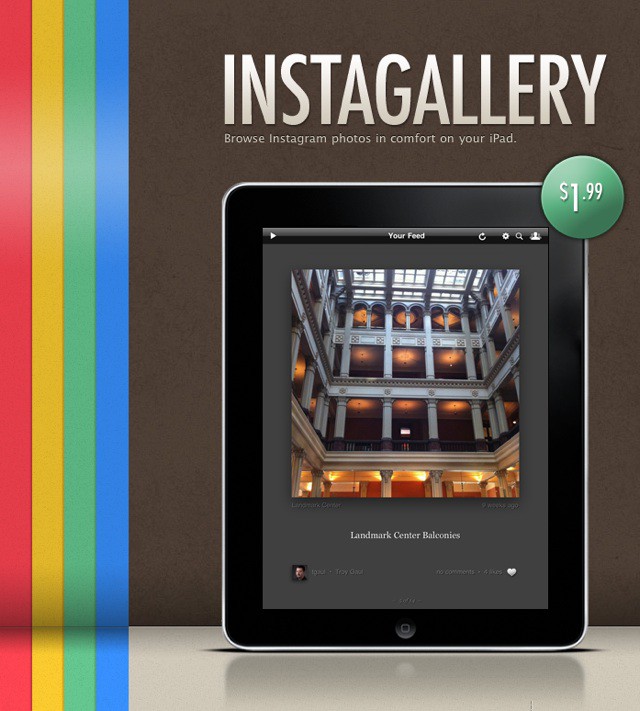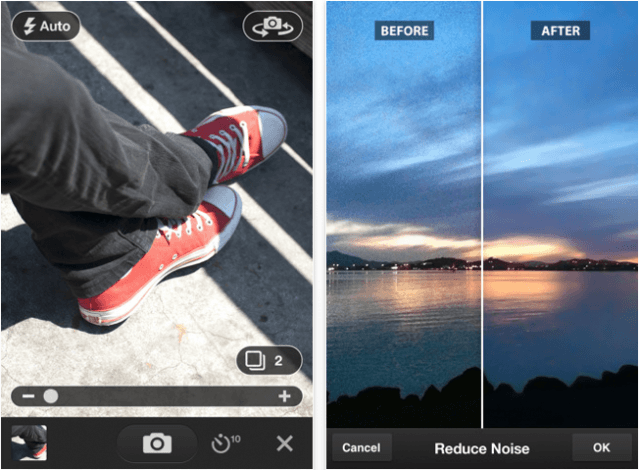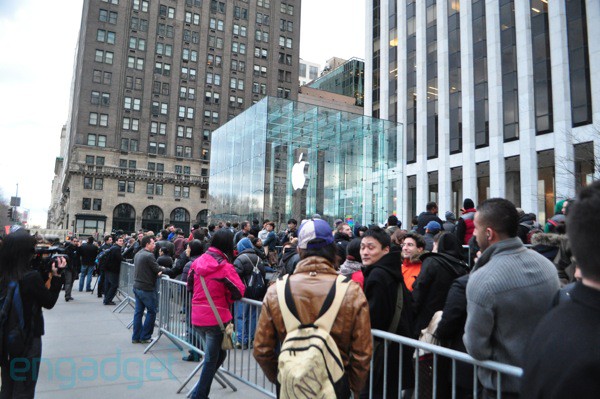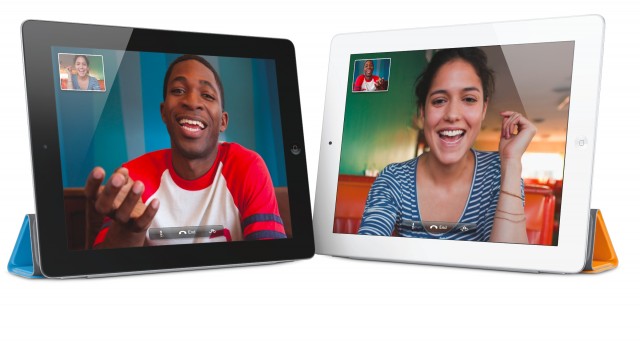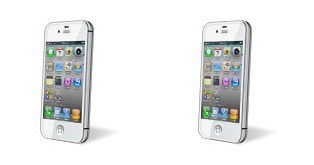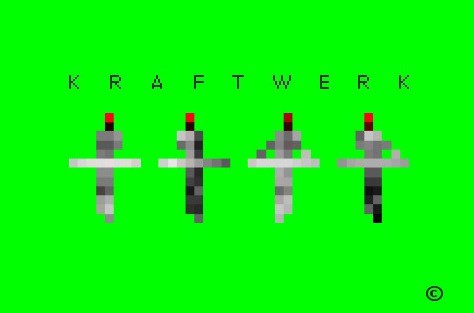Despite widespread controversy over their revised policies, Apple has just gotten one of the biggest names in publishing to agree to play by the new in-app subscription rukes: the New York Times has just announced that they are signing on with Apple’s new subscription plan and give 30% of all revenue to Apple if those subscriptions are signed up for within the New York Times app itself.
They’re also launching a paywall to exclude most non-subscriber access.The three different packages all include access to the New York Times website, and are seemingly priced according to which apps you can use in addition to your web browser.
• New York Times + smartphone app: $15 per month
• New York Times + tablet app: $20 per month
• New York Times full access: $35 per month
That’s over $450 a year for full access. The good news, however, is that the New York Times will continue to offer metered free access to their website, allowing non-subscribers the option to read 20 articles online for free each month, and possibly more if you are referred through Twitter, Facebook, etc.
The New York Times beefing up their iOS apps and offering subscriptions is good news, but we’ll have to see about this paywall. That could, in the long run, be a decision that the New York Times regrets.



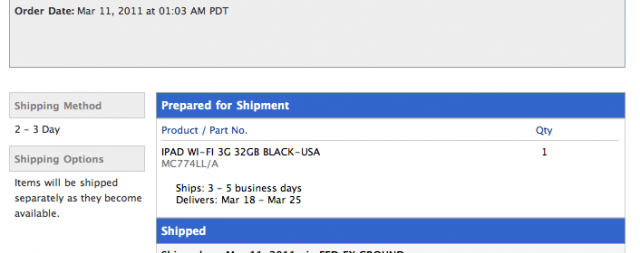
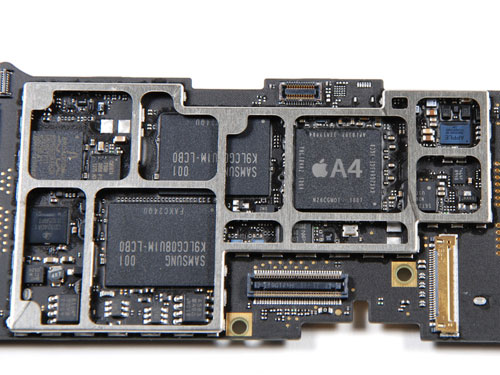
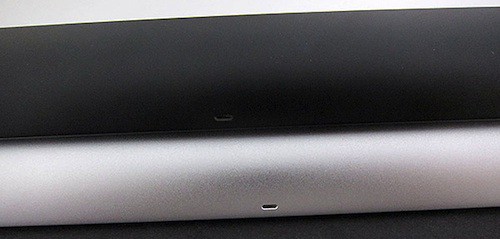
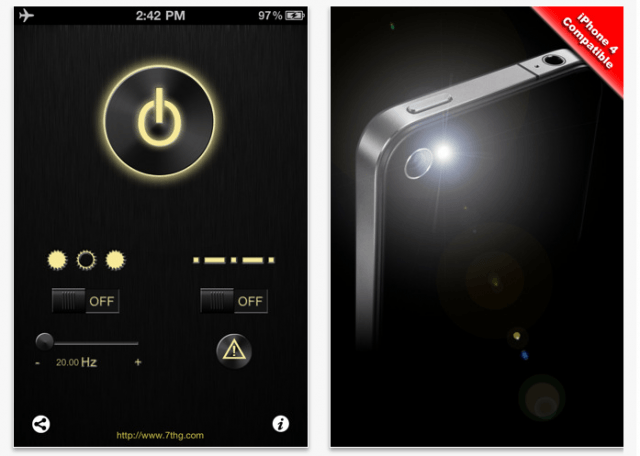
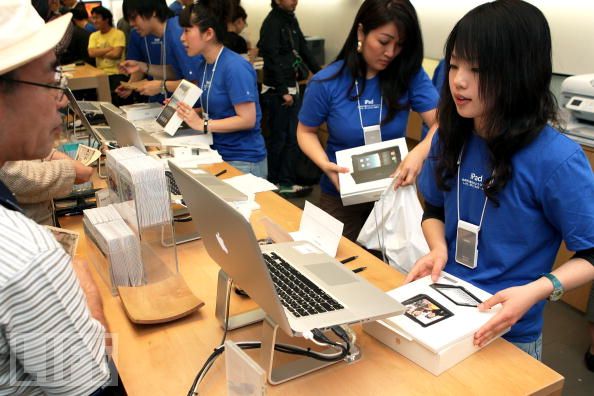
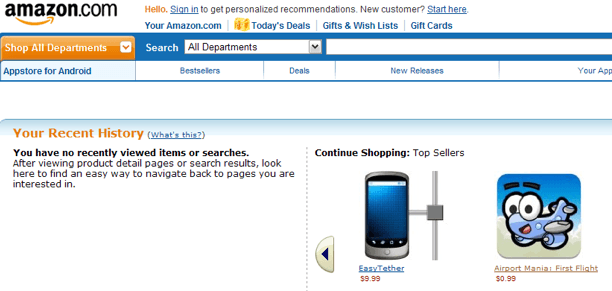


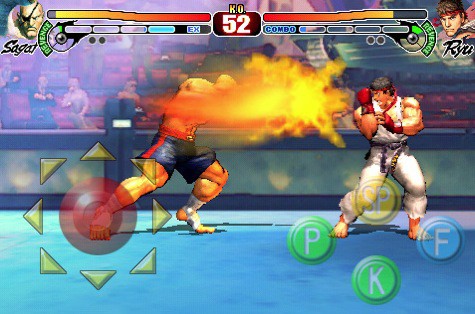
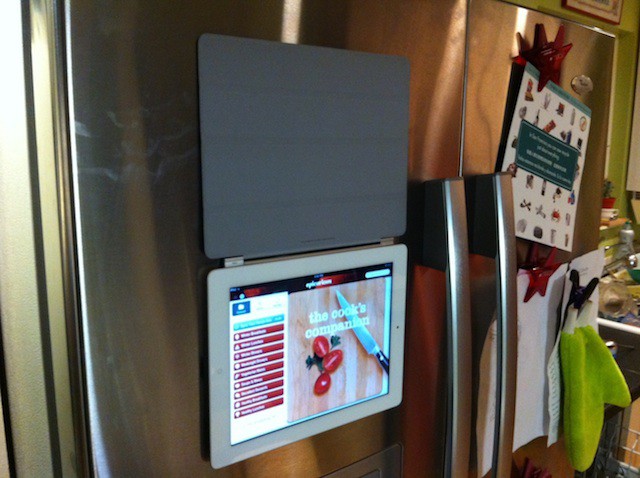
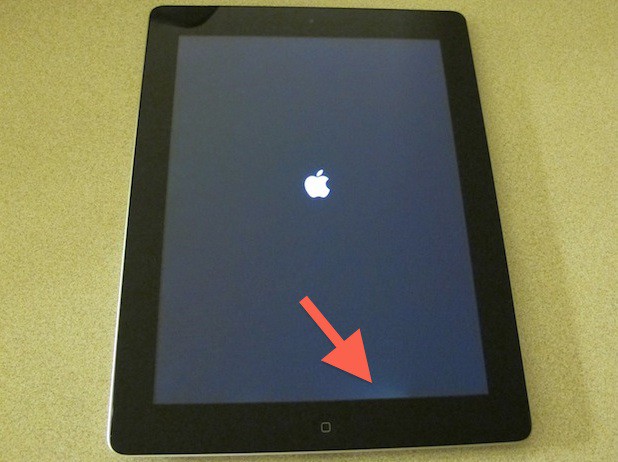
![Apple’s Original iPad Case Works Great With iPad 2 & Smart Cover [Recycle] ipaddualcase1a](https://www.cultofmac.com/wp-content/uploads/2011/03/ipaddualcase1a.jpg)


